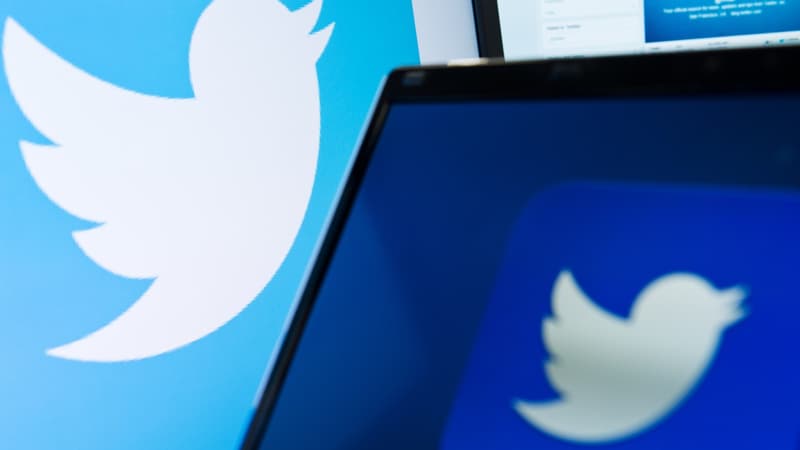Peiter Zatko, a former Twitter employee, revealed on August 23 a series of information that distorted the image of the social network. In the context of the trial with Elon Musk, but also in view of the revelations made, Zatko will be heard by the US Senate on Tuesday, September 13.
Peiter Zatko, nicknamed “Mudge” (“the mud”) is no stranger to the cybersecurity community: he even embodies a long-known and respected figure. In 1995, at the age of 25, he published a series of books to learn how to hack Windows. His approach is that of “white hat,” “ethical” hackers: when he hacks into a system, it’s to report a lack of security.
This September 13 does not mark his first hearing in the Senate; he had been auditioned there in 1998, at the age of 27, to testify about Internet-related security risks. He and six other men will launch the alert that day, they are members of the L0pht collective, American hackers whose reputation is mythical.
Peiter Zatko will work for a while at Google, the online payment service Stripe and several other information security companies. In 2010, he finally joined the prestigious Darpa, the agency in charge of developing new technologies in the United States.
It was in 2020 that Zatko was recruited by Jack Dorsey, then CEO of the social network Twitter. The cybersecurity specialist is somehow called to the rescue after a massive hack to the platform, where the accounts of celebrities and political figures were hacked. His job is to prevent and limit security breaches.
Those same security flaws that, moreover, will constitute, two years later, an 84-page file that Zatko will send to the US Congress. The cybersecurity expert will only remain on Twitter for just two years. In January 2022, Peiter Zatko is thanked for his “ineffective leadership” and “poor performance” of him.
His hearing before the US Senate, this Tuesday, September 13, is at the center of several issues. On Twitter, Peiter Zatko pointed out numerous security flaws in many aspects. Among these, the lack of rigor in the handling of users’ personal data, the high probability of foreign interference, but also the lack of transparency on these security problems, which are nevertheless known by the executive.
His testimony could be decisive in the trial between the social network and billionaire Elon Musk. The latter, which was going to buy Twitter but eventually gave up, is based in particular on revelations about the number of fake accounts on the platform, a parameter it claims to be crucial.
Source: BFM TV


